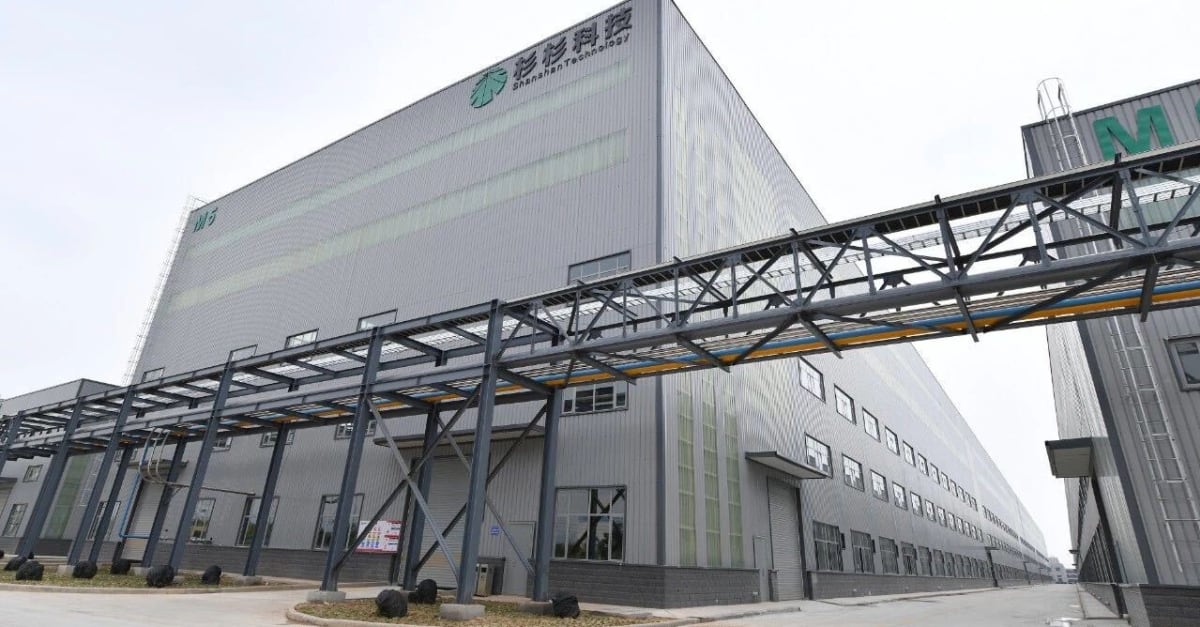
Revenue Growth Amid Persistent Power Challenges in Nigeria
Nigeria’s electricity distribution companies (Discos) managed to collect a staggering N553.63bn in the first quarter of 2025, despite ongoing issues with power supply, billing inefficiencies, and frequent outages. This revenue represents an increase of N43.79bn compared to the N509.84bn collected in the previous quarter (Q4 2024), marking an 8.59% growth.
This surge in earnings occurred even as citizens faced unreliable electricity, unstable grid frequency, and fluctuating power supply. Although there was a slight improvement in power generation, rising from 9,289.95 Gigawatt-hour in Q4 2024 to 10,304.47GWh in Q1 2025, the increase was not enough to meet demand. A significant portion of the energy generated was lost during transmission or remained unbilled.
According to the report, the Discos received 8,169GWh of energy from the grid but only billed customers for 6,631.92GWh. This reflects a decline in billing efficiency from 83.66% to 81.18%. Meanwhile, collection efficiency dropped to 74.39%, resulting in nearly N191bn in billed revenue being unrecovered. The overall aggregate technical, commercial, and collection losses reached 39.61%, far exceeding the industry target of 20.54%.
Despite these inefficiencies and complaints from consumers about receiving less power for higher bills, the Discos were able to significantly boost their revenue. However, the lack of reliable electricity continues to be a major concern for users across the country.
Grid Stability: No Collapse, But Ongoing Issues
The Nigerian Electricity Regulatory Commission (NERC) reported that for the first time in recent quarters, the national electricity grid recorded zero system collapses between January and March 2025. This marked a notable shift from 2024, when the grid collapsed 12 times, leading to nationwide blackouts and economic disruptions.
However, while the absence of a full collapse is a positive development, NERC highlighted that other critical issues persist. The average daily system frequency was outside the normal operating limits, with the lower frequency at 49.28Hz and the upper frequency at 50.77Hz, compared to the acceptable range of 49.75Hz to 50.25Hz. These deviations could pose risks to industrial equipment and operational stability.
Voltage performance also raised concerns. The average lower daily system voltage was recorded at 296.56kV, while the upper daily voltage reached 346.82kV. These values fell outside the specified limits of 313.50kV and 346.50kV, according to the grid code.
Efforts to Improve Grid Coordination
NERC emphasized that it continues to engage the System Operator to enhance grid coordination and reduce exposure to system risks caused by operating outside the prescribed frequency and voltage bands. While the Transmission Company of Nigeria may view the absence of a system collapse as a technical achievement, the commission stressed that broader grid quality issues remain unresolved.
The commission reiterated its commitment to pushing the System Operator to improve system coordination activities and mitigate the risks associated with continued operation outside the normal operating limits.
Consumer Experience and Future Outlook
Despite the improvements in grid stability, power users across the country still experienced erratic supply during the quarter. This highlights that the reliability and quality of service remain far from ideal. Consumers continue to face challenges in accessing consistent and stable electricity, which affects both residential and commercial activities.
As Nigeria moves forward, addressing the underlying issues of grid instability, billing inefficiencies, and power loss will be crucial to ensuring a more reliable and sustainable electricity supply for all.
Post a Comment